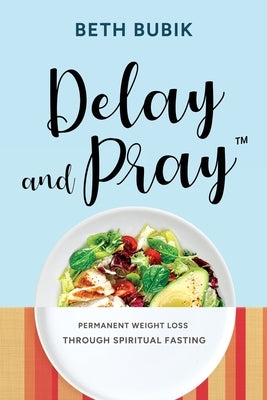Revelation speaks to the reality that we are caught in the fray of cosmic conflict. We are guilty. We've already been contaminated. But it's not too late for us to exit empire and enter the kingdom. We are yet both victim and victimizer. We have healing work to do, and we must take responsibility for the ways in which we have benefited from and been complicit with the religion of empire.
This is the truth of Revelation. God wants to liberate us in body, heart, soul, and mind. We need rescue, and the way we read Revelation determines how we define ourselves and our communities in relation to empire and in resistance to it. Reading Revelation as Western Christians have over the past 150 years, as a book predicting the end of the world, leads us away from the book's original intention. Let's start over:
- Revelation reveals how scapegoating functions within empire to define its own boundaries and contours as being over and against wicked others.
- Revelation critiques wealth and shows that even in the first century there was prophetic critique against an economic system that was based on abundance for some, while exploiting the rest.
- Revelation demonstrates the importance of liturgy as something that forms people into the likeness of either empire or the lamb.
- Revelation reveals an alternative social order which becomes the center of resistance rooted in a vision of what the book describes as "the multitude."
May your hearts and imaginations be revived, made more resilient and ever more focused on the needs of the world that surrounds us. Let us stop at nothing to make space for others and amplify the voices of those who the powers and principalities wish to silence. And in the end, may you find that you have already, always, been on the inside of the multitude, surrounding the lamb of God.
About the AuthorDaniels, C. Wess: - C. Wess Daniels is the William R. Rogers Director of Friends Center and Quaker Studies at Guilford College in Greensboro, North Carolina. He has a Ph.D. from Fuller Theological Seminary in the School of Intercultural Studies on the subject of the renewal of faith traditions within participatory culture.





















































